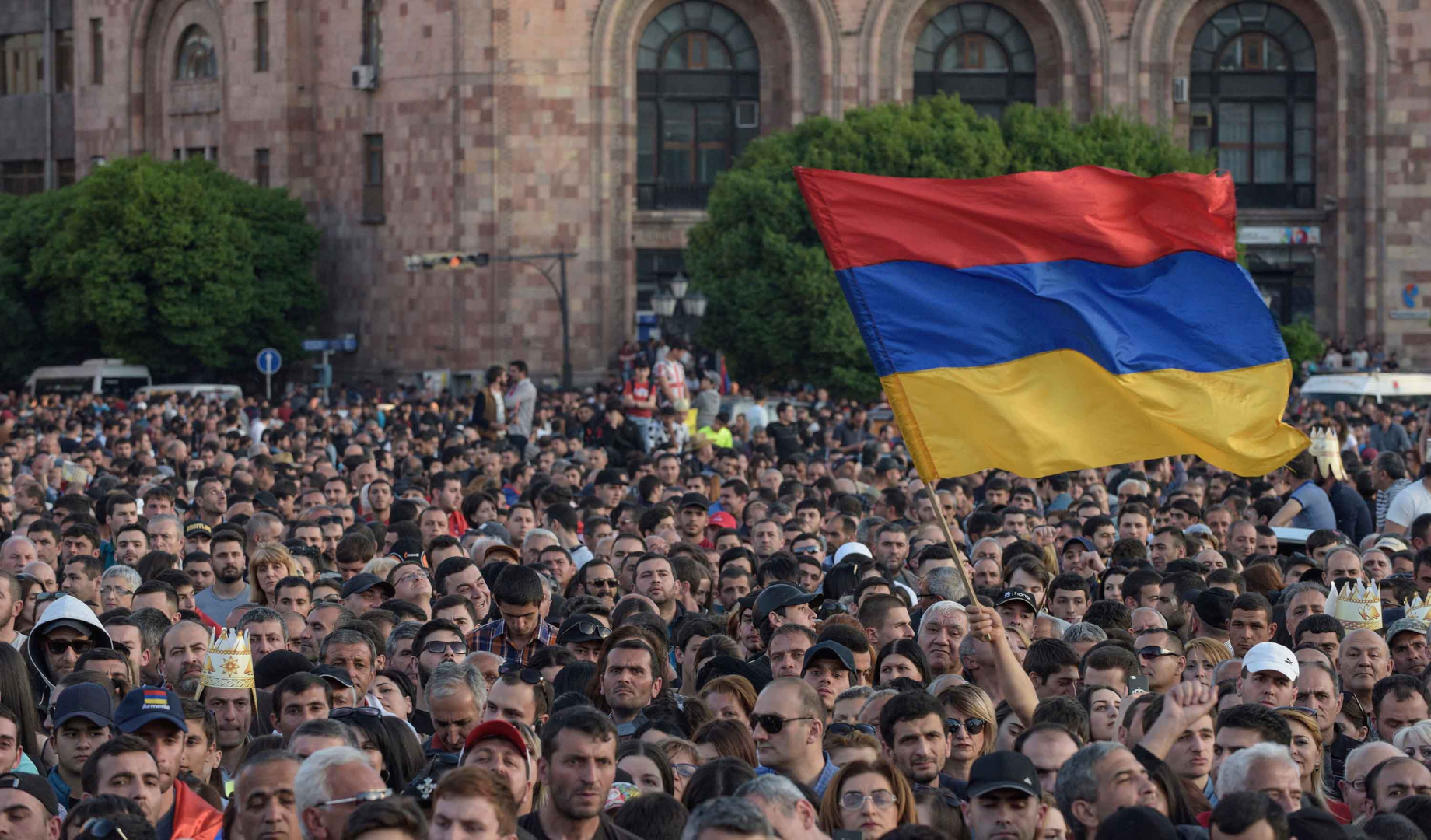Repression in Armenia exposes West’s human rights double standard

In today’s world, where human rights have become both a principle and a political tool, one might assume that major international organizations and Western institutions would react swiftly and consistently to state-led repression, regardless of where it takes place. But recent events in Armenia offer a stark reminder that this is not the case.
The arrest of Russian-Armenian billionaire Samvel Karapetyan on charges of plotting a coup, along with a widening crackdown targeting political and religious figures in Yerevan, has laid bare yet another glaring example of Western double standards. Were such actions to take place in Azerbaijan—or almost any other non-Western-aligned country—there would already be a cascade of condemnations from Brussels to Strasbourg, accompanied by statements from Amnesty International and Human Rights Watch, urging “restraint” and “democratic accountability.”
Yet, the silence over Armenia’s repressive actions is deafening.
Let’s look at what is actually happening. Karapetyan, a businessman with strong ties to the Armenian Apostolic Church, was arrested on the charge of inciting a violent seizure of power. His real crime? Expressing public support for the Armenian Church in the midst of its deepening confrontation with Prime Minister Nikol Pashinyan’s government. Days after his show of support, police raided homes, detained clerics, opposition activists, and even members of the Armenian diaspora. The government is sending a chilling message: Loyalty to traditional institutions is now a punishable offense.
If this sounds authoritarian, that’s because it is.
International reactions? Near zero. No urgent resolutions from the OSCE. No emergency debates in the Council of Europe. Not even a strongly worded tweet from Western ambassadors. This glaring silence reveals something Azerbaijani observers have long suspected: for many in the West, Armenia receives special treatment.
The reasons are complex but not mysterious. Armenia is often viewed by Western policymakers as a small, embattled democracy facing Russian pressure—a sort of mini-Ukraine. This narrative has created a protective shield for Yerevan, even as its own democratic backsliding intensifies. In contrast, Azerbaijan’s independent foreign policy, energy clout, and growing geopolitical assertiveness make it a target for scrutiny, regardless of whether the criticism is fair or factual.
The consequences of this imbalance are serious. For one, it erodes the credibility of international institutions. How can the Council of Europe claim to uphold justice when it looks away from violent police crackdowns and violations of due process in Armenia? How can Western media outlets defend press freedom while ignoring the suppression of dissenting voices in Echmiadzin and beyond?
Second, it actively distorts the regional power dynamics. By shielding Armenia from criticism, the West feeds the illusion that it can act without consequence—whether in its treatment of clergy, opposition figures, or in its provocative stance on regional issues. This not only delays necessary reforms within Armenia but also deepens mistrust and resentment across the South Caucasus.
The current confrontation between Pashinyan’s government and the Armenian Apostolic Church is not just a domestic matter. It represents a broader attempt to dismantle traditional power structures and consolidate political control. In any other setting, this would be described as democratic backsliding. Yet in Armenia, it is met with international indifference.
To make matters worse, this crisis is becoming internationalized. Russia’s reaction to the arrest of Karapetyan has been fierce. Statements from the Duma suggest that the Kremlin sees this not just as an attack on a businessman, but as an affront to Armenia’s traditional ties with Moscow. Armenian officials responded with diplomatic protests, accusing Russia of interfering in domestic affairs. In reality, both sides are exposing the deep instability of Armenia’s internal and external political footing.
It is time for the West to abandon its double standards. Human rights must not be a selective instrument wielded only against strategic rivals. If freedom of expression, political plurality, and judicial fairness are truly universal values, then they must apply to Armenia as much as to any other nation.
Azerbaijan, too, has long been subjected to disproportionate criticism over matters far less egregious than what is now unfolding in Yerevan. This isn’t a call for silence or inaction, but for balance. True regional stability will only be achieved when all actors are held to the same standard, and when institutions that claim neutrality act with consistency.
What we are seeing in Armenia today is not just a political crisis. It is a crisis of credibility for those in the West who claim to stand for human rights but remain silent when it no longer serves their narrative.
Here we are to serve you with news right now. It does not cost much, but worth your attention.
Choose to support open, independent, quality journalism and subscribe on a monthly basis.
By subscribing to our online newspaper, you can have full digital access to all news, analysis, and much more.
You can also follow AzerNEWS on Twitter @AzerNewsAz or Facebook @AzerNewsNewspaper
Thank you!

